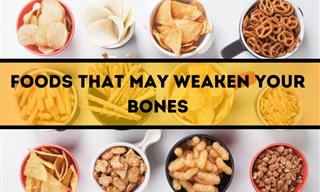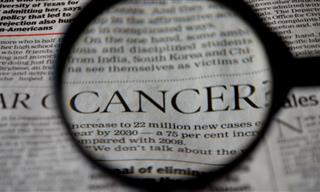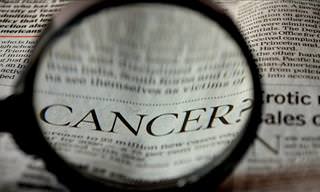1. We Still Eat Too Much Red and Processed Meat
Eating too much red and processed meat is one of the most dangerous dietary choices one can make. And while globally, people have reduced their red meat intake during the past decade, the amount of processed meats remains unchanged. On average, Americans eat about 1 ounce (28 g) of processed meat on a daily basis, and the statistics are similar in many other countries.
This is twice the daily allowance of this type of product, which has been officially named a carcinogen in many countries. In fact, the overall daily limit of all meats (with preference given to low-fat meats), eggs, dry beans, and nuts should not exceed 2 servings and a total of 6 ounces (170 g). High red meat and processed meat intake lay the greatest burden on stomach and colorectal cancer risk.
2. We Don’t Consume Enough Dairy
Somewhat surprisingly, a low intake of dairy products can hike up your risk of developing colorectal cancer almost as much as the lack of grains in the diet. On average, Americans consume only half of the recommended 3 daily servings of dairy, and researchers suggest that the lack of calcium and vitamin-rich dairy products may be responsible for the rising rates of colorectal cancer in the country.
3. We’re Still Not Eating Enough Fruit and Vegetables
We know this is old news, but it’s a persistent problem. 4 servings (around 2 cups, or 150 g) of vegetables and 3 servings of fruit is how much we should eat daily, and this doesn’t include starchy vegetables like potatoes and fruit juices.
Those who don’t meet these daily amounts were found to be more likely to suffer from mouth, throat and lung cancer. Low fruit intake was also linked to breast and uterine cancers. By eating enough fruit and vegetables, you’re lowering the likelihood of developing the above-mentioned types of cancer by 5-9%.
4. We Persist Drinking Excessive Amounts of Sugary Drinks

Sweetened beverages, be it soda, lattes or sweet tea, are dangerous to your reproductive system, as well as your kidneys and liver, increasing the risk of developing cancerous tumors in these organs. Opt for sugar and sweetener-free caffeinated drinks and try to exclude soda from your diet altogether.
Fizzy drinks, as well as any drinks with added sugar, can affect your body in a million other ways other than causing cancer, here's a quick and useful diagram that shows how soda affects your health.
5. We Have to Eat More Whole Grains
The second leading cause for diet-related cancers in the United States is the lack of whole grains, such as corn, oats, brown rice and many others, in the diet. Every adult should eat around 3 servings of grains every day, as the fiber and nutrients, such as vitamins and minerals, can protect us from cancer, particularly cancers of the digestive and reproductive systems, as well as kidney cancer.
It’s important to opt for whole grains, as they’re more nutritious and significantly richer in fiber, and yet, only 20% of the grains Americans consume are whole grains.
In summary, to lower your risk of diet-related cancers, you have to include plenty of whole grains, dairy, fruit, and vegetables in your diet, as well as try to avoid or significantly lower your intake of sugary drinks, processed meats, and red meat. As you can see, these changes are few and not impossible to accomplish, and the results are very well worth it.
 Go to BabaMail
Go to BabaMail





























